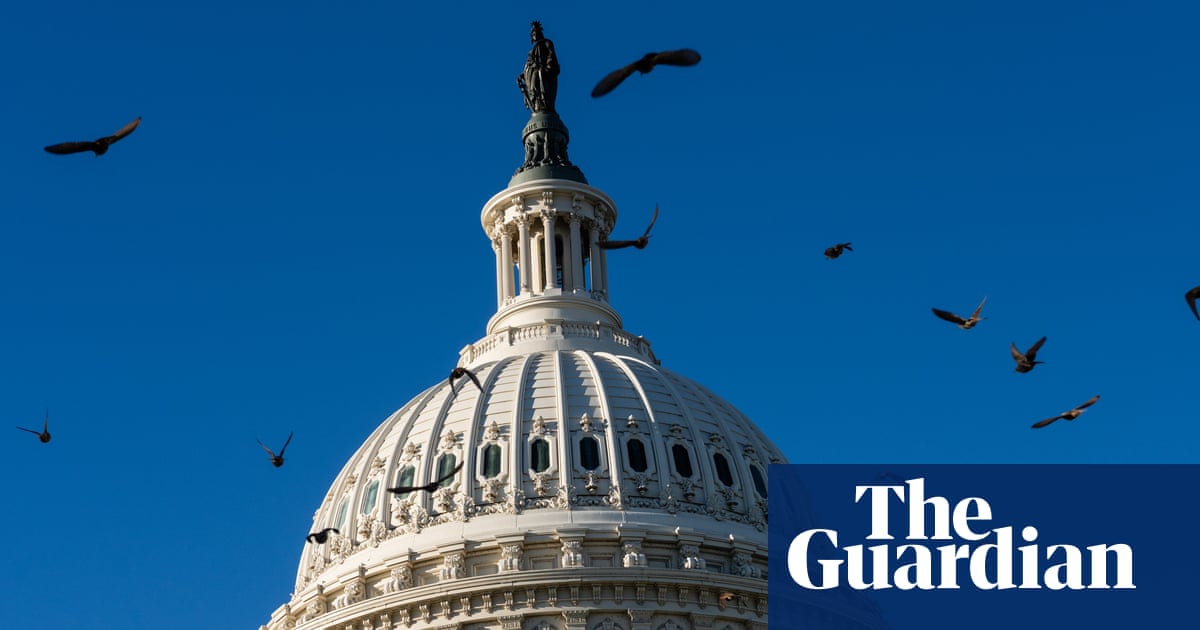Ed Miliband has been urged by more than 100 Labour MPs to explore radically overhauling UK energy bills to cut costs for the those who use the least power.
The energy secretary is understood to be considering a number of options for more progressive energy pricing, with changes to the standing charge and discounts for the least intensive consumers – known as rising block tariffs – all being reviewed.
The push is the first in a number of policies set to be presented to ministers by a new caucus of MPs pushing the government to do more to focus on the cost of living.
The Living Standards Coalition, convened by Loughborough MP Dr Jeevun Sandher said Miliband should look closely at a major overhaul of the standing charge, saying that lower-income households with lower energy use were being unfairly penalised with higher bills than more intensive users.
“Getting living standards rising is core to our Labour values and is the number one issue on which voters will judge this government,” Sandher said. “Getting these bills down quickly will make families better off. It’s why our party was founded, it is why we were elected last year.”
In the letter to Miliband, the 103 MPs said British families were facing “some of the highest energy bills in Europe” and the government must go further with policies that would reduce bills quicker. “We strongly support policies that will get energy bills down immediately so our constituents will feel the benefits of a Labour government as quickly as possible. Our constituents rank getting energy bills down as the No 1 way to improve their cost of living,” it said. “For the poorest households, £1 in every £10 goes on paying their energy bills.”
It said Miliband should urgently examine a more progressive pricing system to reduce costs for low- and middle-income households, starting with changing the standing charge, which costs lower-income households more as a proportion of their income.
The letter said the government could examine moving to a system of rising block tariffs, where the cost per unit of energy increases with higher levels of consumption, encouraging conservation and usually translating to cheaper bills for lower-usage households.
The system can disproportionately affect larger households and is complex to administer but the letter said it was a change that would deliver cuts to bills to those most in need of them without cost to the Treasury.
The group, which launched with a letter to the prime minister last week, has said it is a strong backer of net zero policies, though a small number of Labour MPs have begun to question the party’s commitment to no new oil and gas licences.
Two Labour MPs, Henry Tufnell and Melanie Onn of the Commission for Carbon Competitiveness group, last week called for the government to rethink green levies on business.
after newsletter promotion
But the Basingstoke MP, Luke Murphy, a founding member of the Living Standards group who is also on the energy and net zero select committee said the answer was not more fossil fuels. “The high energy costs which we inherited from the Conservatives are a barrier to higher growth and living standards. Yet the Conservatives and Reform want to make us more reliant on fossil fuels, which are the main cause for high and volatile energy bills,” he said.
“The government must instead continue to drive towards clean energy 2030, which will lower bills for good and focus on reforms that will also bring bills down in the near term. This should include looking at the role of smart energy market reform, a social tariff, reforming standing charges, and reforming regressive levies.”
The intervention is the second in 24 hours from groups of influential Labour MPs urging the government to step up the pace of change. In an article for the New Statesman, the Labour Growth Group said the government needed “an extra injection of radicalism” on issues such as housing and infrastructure to take on the threat of Nigel Farage potentially becoming prime minister.
It said the government should do more to ensure long-term growth took precedent over local objections to new homes – voicing disappointment in concessions in the planning bill last week that had been sought by environmental groups – and that mayors should be given tax-raising powers.

 3 months ago
53
3 months ago
53

















































